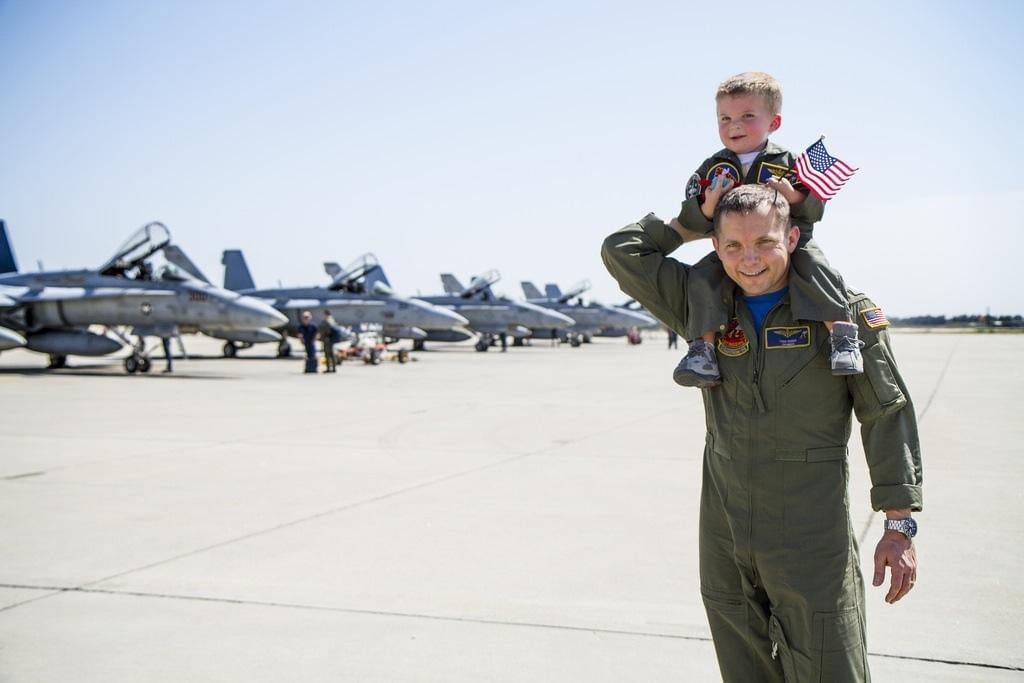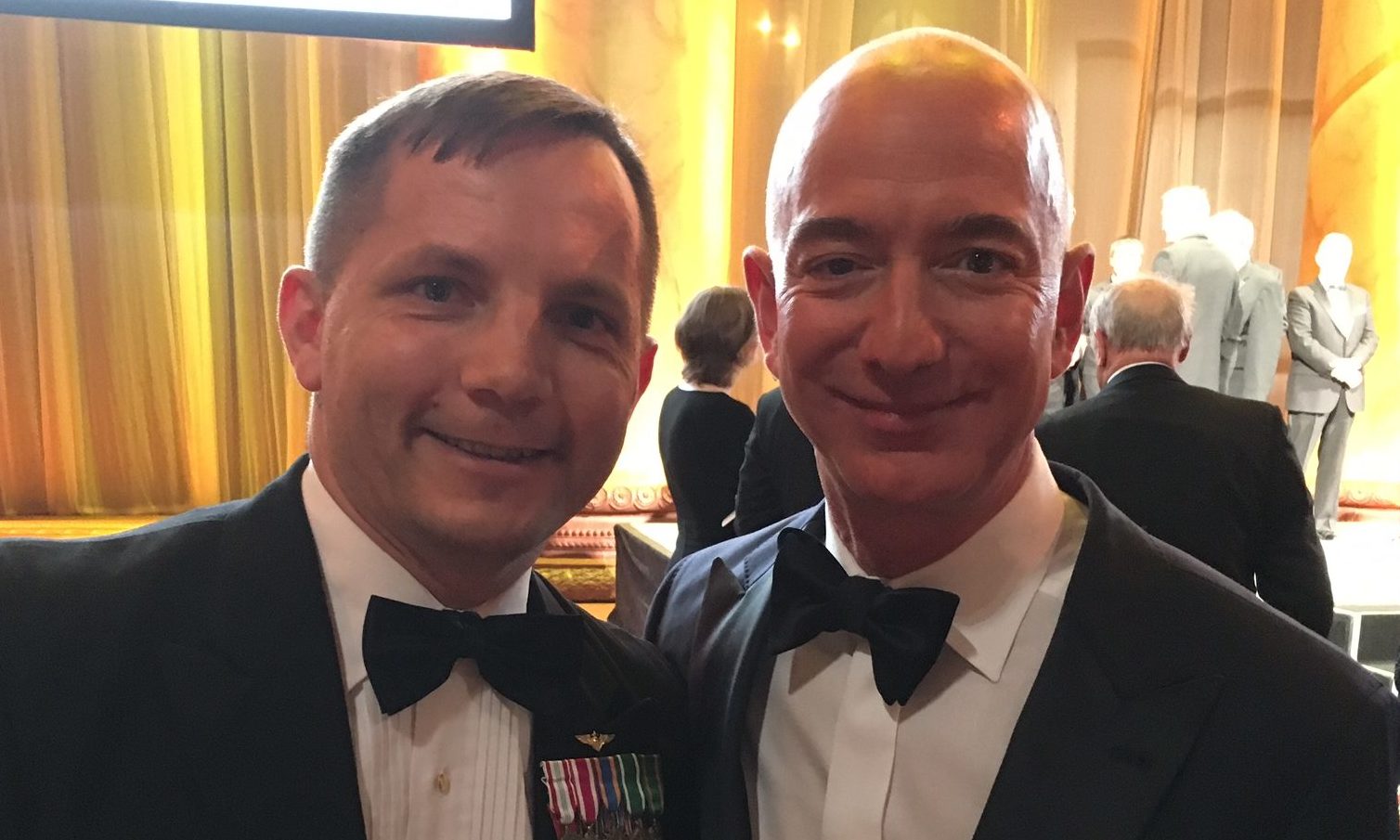What if one of the following missions was assigned to you?
- Help an explosive ordnance disposal technician develop an effective method to identify obscured or dirty ordnance in order to safely dispose of explosive materials without increasing risk to technicians.
- Learn to develop high-level artificial intelligence to support radiation testing in space environments.
- Assist Army engineers discover a way to track a soldier’s gaze using augmented reality (AR) to track the soldier’s attention and improve training technical and operational effectiveness.
- Develop techniques to reliably communicate, in a mega-city, in order to send/receive high bandwidth data, and maintain command/control so that soldiers can coordinate efforts, avoid friendly fire, and request reach-back support.
These are just a few examples of challenge statements issued to students this past year who participated in the Innovation for Impact: Defense and Security course offered by the CFE. This 3-credit course, a partnership with the National Security Innovation Network, offers the Department of Defense and Intelligence Community the opportunity to collaborate with talented student teams to develop innovative solutions to the nation’s emerging threats.
“National security and defense is the context for problems we address in this class, so we will also expose them to all the opportunities and challenges unique to that space,” said retired U.S. Navy fighter pilot, test pilot, and instructor of the course, Todd Huber.
Having been involved in innovation and finding solutions to extremely challenging problems his whole career, Huber has a diverse experience set, including everything from a Joint Strike Fighter to participating in unmanned systems with the U.S. Special Operations Command. His final tour was leading a combined DARPA/Navy/Air Force effort to compress delivery of advanced autonomy in a $1.4B program from eight to 10 years down to four years.
Huber’s academic background includes both Palo Alto and Cambridge, so he has a mental framing of innovation as an ecosystem. He is also a proud U-M alumni with a 2020 Masters in Healthcare Services Administration from the School of Public Health.
“I am also a start-up founder and CEO with a tough tech company accelerating the transition of ceramic nanocomposite technology for both commercial and defense applications,” said Huber.
Outside the DoD, Huber has a lot of work as a co-founder and board member for social ventures that leverage both technology and collaborative solutioning processes to confront enduring systems of extreme poverty. That work led to his selection as a 2019 Presidential Leadership Scholar.
“My hope is that they will learn as much or more from each other, their mentors, and problem sponsors as they will from me,” said Huber.
He added they are looking for students in both graduate and undergraduate programs from across campus. He sees one of the greatest strengths of the University of Michigan as the quality of programs in every field of study.
As with many of the immersive experiences on U-M’s campus, the Innovation for Impact course offers current, real world problems and the opportunity for students to actively engage with them and the major players dealing with them on a global scale.
“A key differentiator of this course is the real and immediate impact students can have through the work of their teams. All of the problems are validated and sponsored by federal organizations who are actively seeking solutions and for a problem to be included it has to be of national significance,” said Huber. “Last year our teams worked on everything from how to improve detection of a cyber attack against a satellite on orbit, to how to predict and model the spread of respiratory diseases in over 160 countries around the world. That last project has become even more significant in light of the COVID pandemic.”
“At the CFE, we are looking to foster tomorrow’s innovators. By embedding our students with people that have real problems that have serious consequences, our students get a chance to make an impact right now and experience the joy of making a difference,” said Jonathan Fay, Dixon and Carol Doll Executive Director of the CFE. “Thanks to the partnership with NSIN, we now have access to a diverse set of problems from across the Department of Defense for our students to work on. This is a great example of experiential education that leverages U-M’s talent and network to keep the US safe and secure.”
Huber is confident that those who participate in the course will leave not only with a broader network to call upon after graduation but that their work, “will most importantly increase the likelihood of delivering a viable solution.”
For students interested in the course, the CFE will be holding a fully-remote info session this Wednesday, November 11th from 4:30-5:30. The RSVP form can be found here; a Zoom link will be emailed to all registrants.


